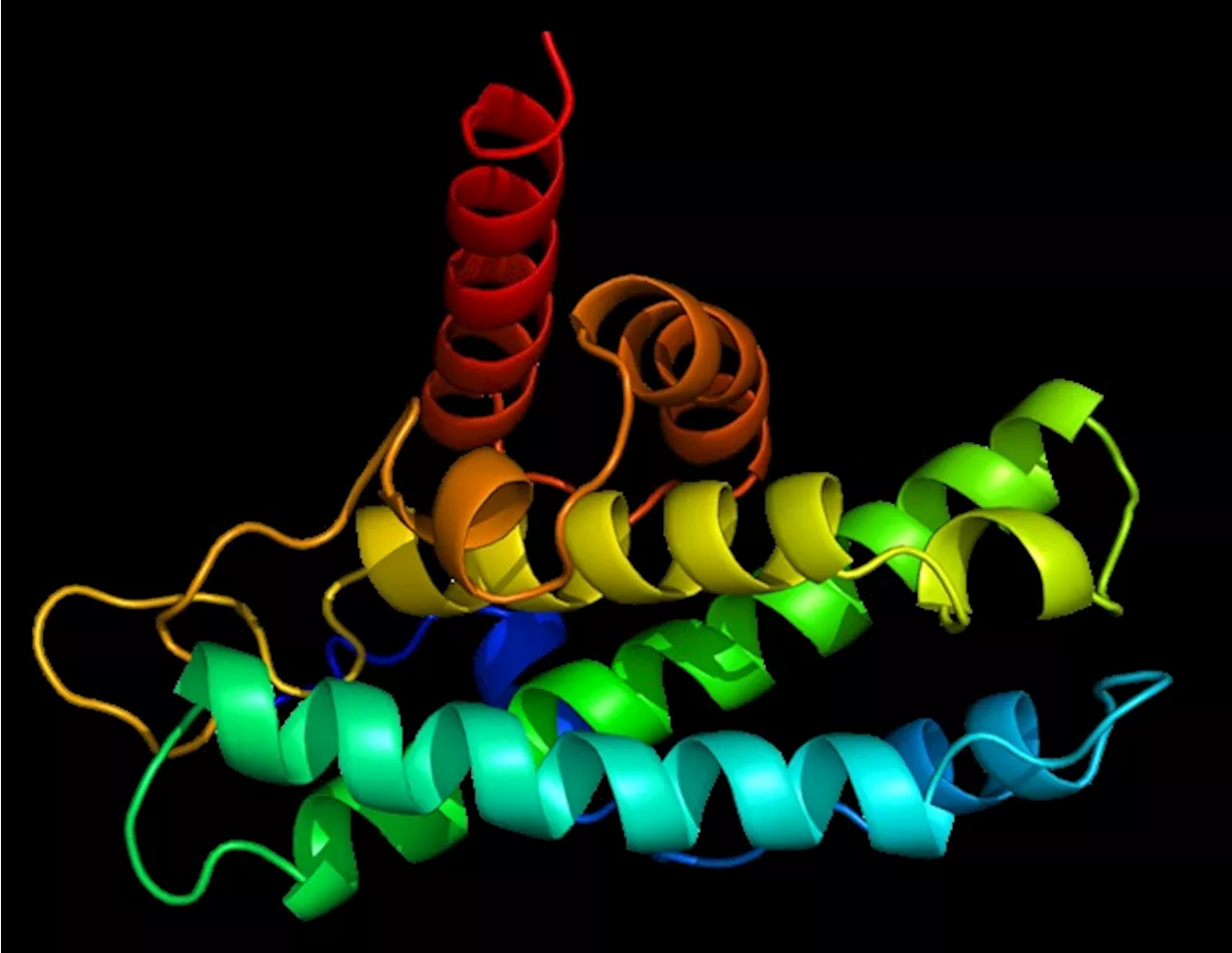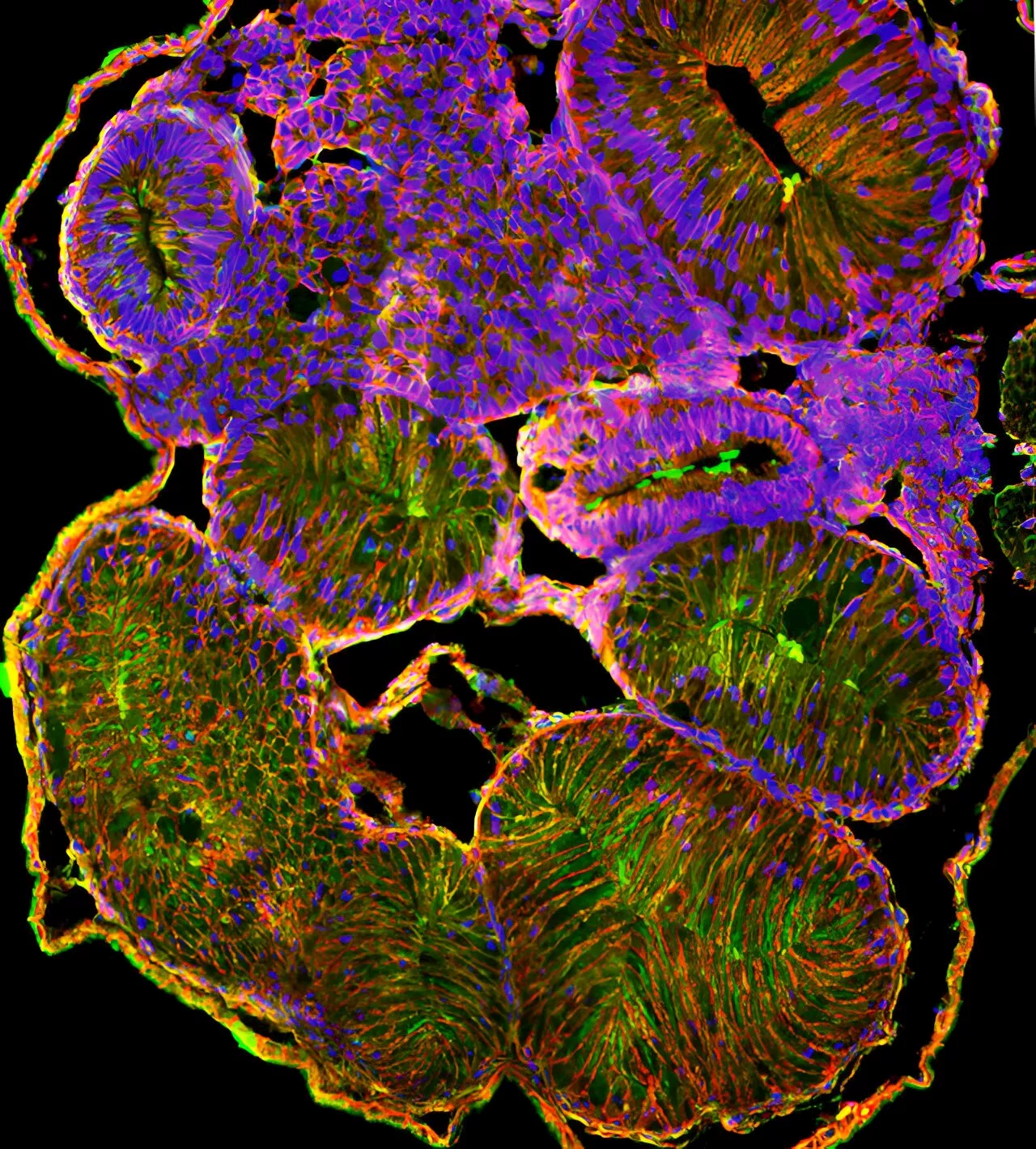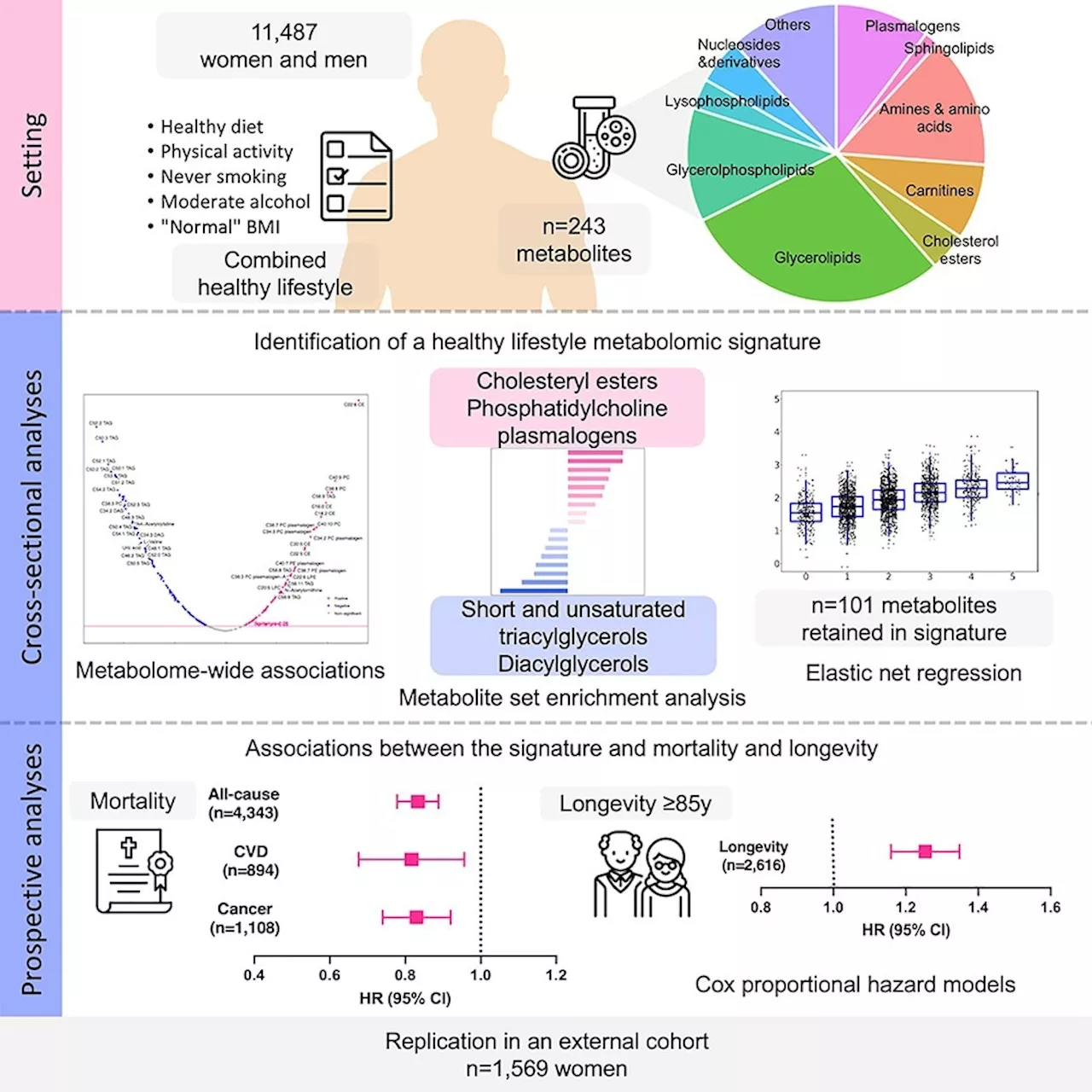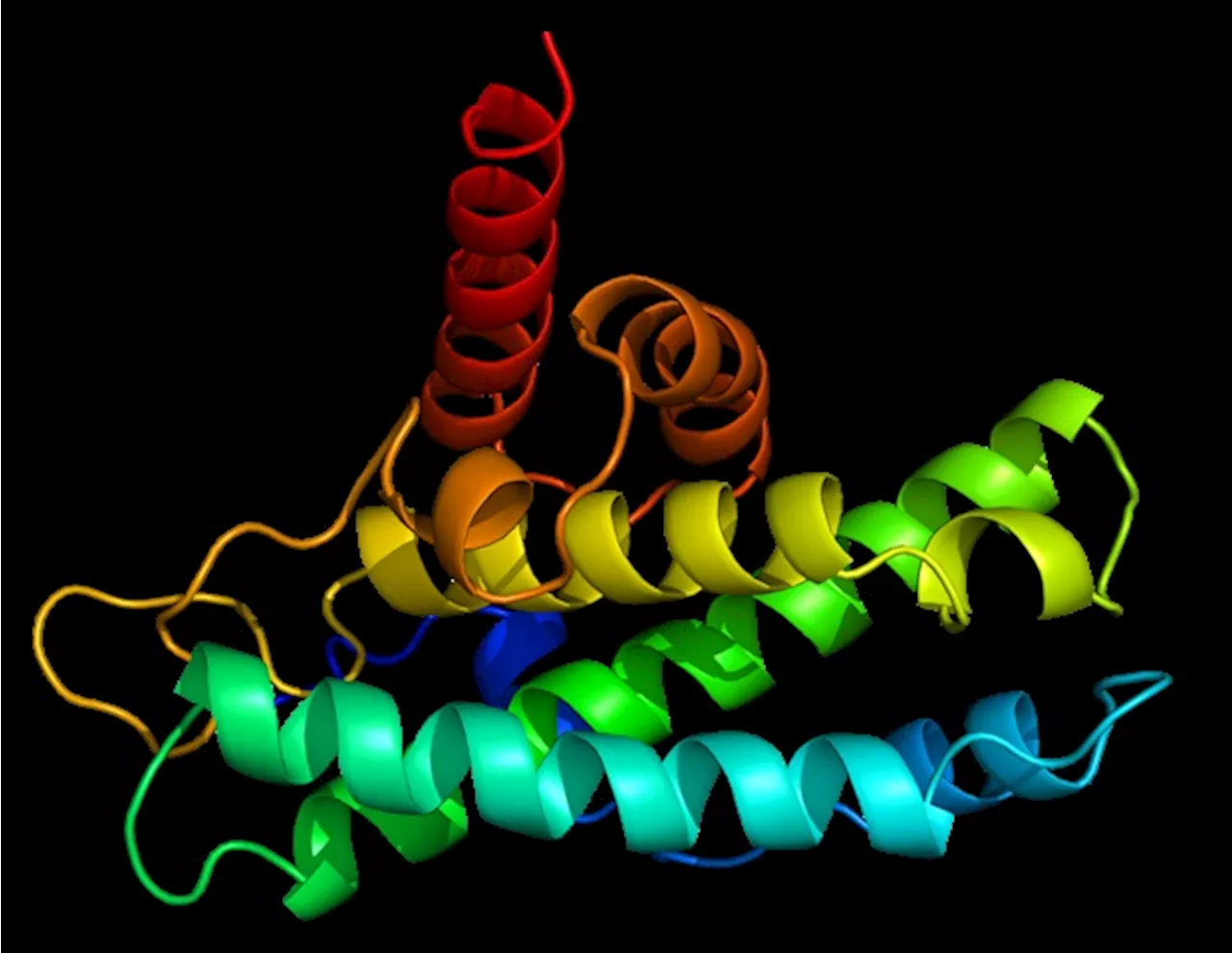Insights into the workings of an immune cell surface receptor, called PD-1, reveal how treatments that restrict its action can potentially be strengthened to improve their anticancer effect, a new study shows.
Mar 9 2024NYU Langone Health The same findings also support experimental treatment strategies for autoimmune diseases, in which the immune system attacks the body, because stimulating the action of PD-1, as opposed to restricting it, can potentially block an overactive immune response.
Among the most important checkpoints is a protein called programmed cell death receptor 1 , which is shut down by a relatively new drug class called checkpoint inhibitors to make tumors "visible" again to immune attack. Such drugs are at least somewhat effective in a third of patients with a variety of cancers, say the study authors, but the field is urgently seeking ways to improve their performance and scope.
Study results showed that PD-1 forms a dimer through interactions of its transmembrane segment. Researchers say this finding is in sharp contrast to other immune receptors, which typically form dimers through the segment of the receptor that is outside the cell. Elliot Philips, MD, PhD, Study Lead Investigator and Physician-Scientist, NYU Grossman School of Medicine
Related Stories"Our goal is to use our new knowledge of the functioning of PD-1 to determine if weakening its dimerization, or pairing, helps make anticancer immunotherapies more effective, and just as importantly, to see if strengthening its dimerization helps in the design of agonist drugs that quiet overactive T cells, tamping down the inflammation seen in autoimmune diseases," said study co-senior investigator and structural biologist Xiang-Peng Kong, PhD.
日本 最新ニュース, 日本 見出し
Similar News:他のニュース ソースから収集した、これに似たニュース記事を読むこともできます。
 New study defines clinical phenotype of Post-infectious ME/CFS, highlighting unique biomarker insightsThe pathophysiological mechanisms of PI myalgic encephalitis/chronic fatigue syndrome (ME/CFS).
New study defines clinical phenotype of Post-infectious ME/CFS, highlighting unique biomarker insightsThe pathophysiological mechanisms of PI myalgic encephalitis/chronic fatigue syndrome (ME/CFS).
続きを読む »
 Vertex 2024 speaker: gain insights from Alina Fedaseyenka's art for SynapseJoe is a regular freelance journalist and editor at Creative Bloq. He writes news and features, updates buying guides and keeps track of the best equipment for creatives, from monitors to accessories and office supplies.
Vertex 2024 speaker: gain insights from Alina Fedaseyenka's art for SynapseJoe is a regular freelance journalist and editor at Creative Bloq. He writes news and features, updates buying guides and keeps track of the best equipment for creatives, from monitors to accessories and office supplies.
続きを読む »
 New study pinpoints key markers for Long COVID diagnosisStudy identifies elevated serologic responses and memory CD8+ T cell clonal expansion as key markers of Long COVID, offering insights into its pathology and potential diagnostic approaches.
New study pinpoints key markers for Long COVID diagnosisStudy identifies elevated serologic responses and memory CD8+ T cell clonal expansion as key markers of Long COVID, offering insights into its pathology and potential diagnostic approaches.
続きを読む »
 Unlocking Alzheimer's secrets: Study pinpoints APOE4's harmful effect on lipidsUNC School of Medicine researcher Sarah Cohen, PhD, and Ian Windham, a former PhD student from the Cohen lab, have made a new discovery about apolipoprotein E (APOE) – the biggest genetic risk factor for late-onset Alzheimer's disease.
Unlocking Alzheimer's secrets: Study pinpoints APOE4's harmful effect on lipidsUNC School of Medicine researcher Sarah Cohen, PhD, and Ian Windham, a former PhD student from the Cohen lab, have made a new discovery about apolipoprotein E (APOE) – the biggest genetic risk factor for late-onset Alzheimer's disease.
続きを読む »
 Frog embryo study helps scientists unravel the human birth anomaly of intestinal malrotationHow does our intestine, which can be at least 15 feet long, fit properly inside our bodies? As our digestive system grows, the gut tube goes through a series of dramatic looping and rotation to package the lengthening intestine.
Frog embryo study helps scientists unravel the human birth anomaly of intestinal malrotationHow does our intestine, which can be at least 15 feet long, fit properly inside our bodies? As our digestive system grows, the gut tube goes through a series of dramatic looping and rotation to package the lengthening intestine.
続きを読む »
 Healthy lifestyles linked to specific metabolic markers, large study findsResearchers identify metabolomic markers linked to healthy lifestyles in a large study, showing a connection between lipid metabolism and reduced mortality risks.
Healthy lifestyles linked to specific metabolic markers, large study findsResearchers identify metabolomic markers linked to healthy lifestyles in a large study, showing a connection between lipid metabolism and reduced mortality risks.
続きを読む »
